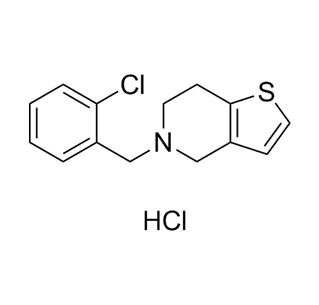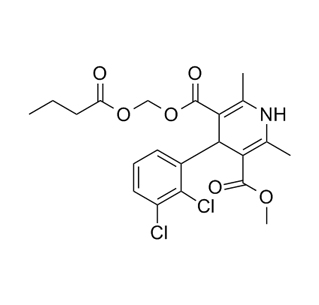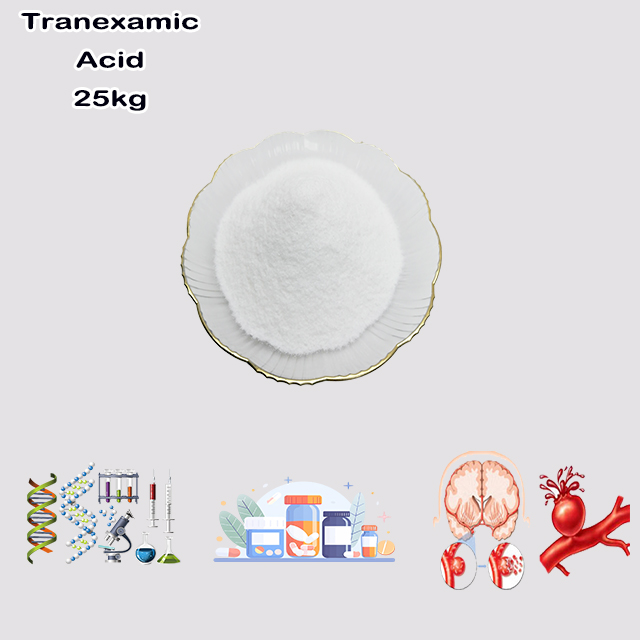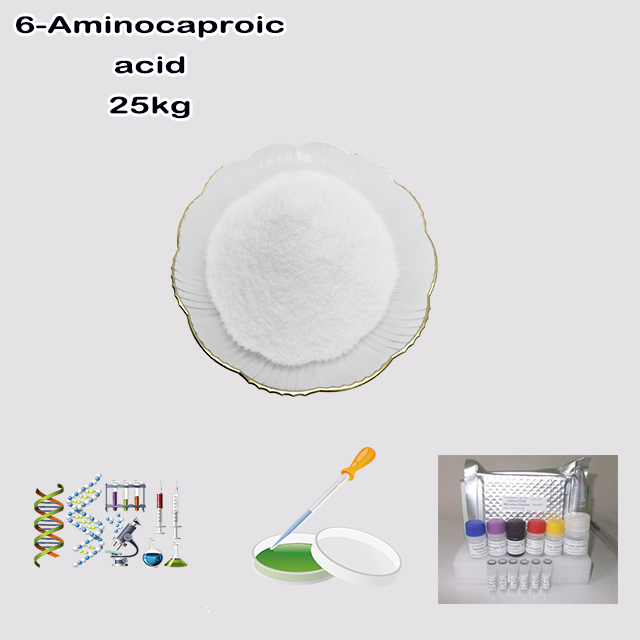
Search

Search

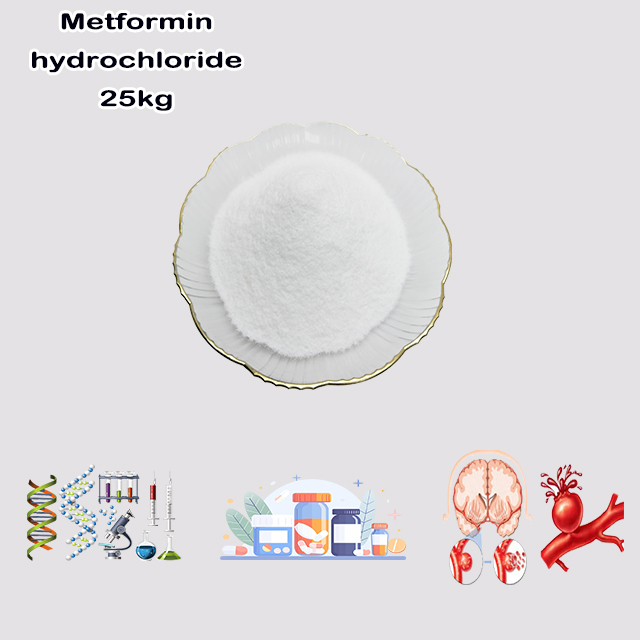









Metformin Hydrochloride/HCL 1,1-Dimethylbiguanide hydrochloride is an anti-diabetic agent that reduces blood glucose levels and improves insulin sensitivity.
The main effect of metformin hydrochloride is to reduce the secretion of glucagon in A cells, promote the conversion of glucose into glycogen, and has the property of not stimulating islet β-cells to secrete insulin. The mechanism of action of metformin hydrochloride is as follows: 1. Increase the sensitivity of surrounding tissues to insulin and increase insulin-mediated glucose utilization. 2. Increase the utilization of glucose by non-insulin-dependent tissues, such as brain, blood cells, renal medulla, intestines, skin, etc. 3. Inhibit hepatic gluconeogenesis and reduce hepatic glucose output. 4. Inhibit glucose uptake by intestinal wall cells. 5. Inhibit the biosynthesis and storage of cholesterol, reduce blood triglycerides and total cholesterol levels.
Items | Specifications | Results |
Appearance | White or almost white Crystals | White Crystals |
Chloride Identification | Gives the reaction of chloride | Complies |
Solubility | Freely soluble in water,slightly soluble in Ethanol(96 per cent),practically insoluble in acetone and in methylene chloride. | Complies |
IR | The IR spectrum of sample should be concordant With the IR spectrum of working standard. | Complies |
Chloride identification | Gives the reaction of chloride | Complies |
Appearance of solution | Solution is clear and colourless | Complies |
Loss on drying | ≤0.5% | 0.02% |
Sulfated ash | <0.1% | 0.03% |
Related substances | Impurity A dicyandiamide≤0.02% | 0.0018% |
Single impurity≤0.05% | 0.0044% | |
Total impurities≤0.2% | 0.0062% | |
Impurity F | ≤0.05% | 0.0008% |
Residual Solvent | Methanol≤3000ppm | 208 ppm |
DMF≤880ppm | ND | |
Assay(on dried Basis) | 98.5%~101.0% | 100.0% |
NDMA | ≤0.032ppm | ND |
Conclusion | The product conforms to the above specifications. | |
| Product parameters | |
| Cas number: | 1115-70-4 |
| Appearance: | White crystalline powder |
| Purity: | Between 98.5% and 101.0% |
| Package details: | 1kg/Foil bag; 25kg/Drum |
| Brand: | Fortunachem |
Reducing hepatic glucose production (gluconeogenesis and glycogenolysis) in the liver.
Improving insulin sensitivity in peripheral tissues (muscle, adipose tissue), enhancing glucose uptake and utilization.
Delaying intestinal absorption of glucose and reducing postprandial blood glucose spikes.
Additionally, it has mild weight-lowering effects and does not cause hypoglycemia when used alone.
First-line therapy for adults with type 2 diabetes, especially those who are overweight or obese, to control fasting and postprandial blood glucose.
Can be used as monotherapy (for patients with mild to moderate hyperglycemia) or in combination with other antihyperglycemic agents (e.g., sulfonylureas, DPP-4 inhibitors, SGLT-2 inhibitors, insulin) for poorly controlled blood glucose with monotherapy.
Also approved for pediatric use (children ≥10 years old with type 2 diabetes) in some regions, under medical supervision.
Used as a preventive intervention in individuals with prediabetes (impaired fasting glucose or impaired glucose tolerance) who have difficulty achieving glycemic control through lifestyle modifications (diet + exercise), to delay the progression to type 2 diabetes.
Off-label use (common in clinical practice): For women with PCOS accompanied by insulin resistance (e.g., hyperinsulinemia, obesity), metformin improves insulin sensitivity, regulates menstrual cycles, and reduces hyperandrogenism symptoms (e.g., hirsutism, acne). It may also improve fertility in some cases by restoring ovulation.
Adjunctive therapy for gestational diabetes (under strict obstetric supervision, as first-line option in some guidelines).
Potential role in weight management (as an adjunct to lifestyle interventions for obesity, especially in patients with insulin resistance).
Emerging research on its potential anti-cancer effects (e.g., against colorectal, breast, and pancreatic cancer) and anti-aging properties (still in preclinical/clinical trial stages, not yet approved for these uses).
Contraindications: Severe renal impairment (eGFR<30 mL/min/1.73m²), acute kidney injury, severe liver disease, metabolic acidosis (including diabetic ketoacidosis), hypersensitivity to metformin, and use of iodinated contrast media (temporarily discontinued before/after contrast administration to avoid lactic acidosis).
Adverse effects: Common gastrointestinal side effects (nausea, diarrhea, abdominal discomfort) at the start of treatment (usually transient); rare but serious risk of lactic acidosis (more common in patients with renal/hepatic dysfunction or excessive alcohol intake).
Drug interactions: Avoid concurrent use with drugs that may impair renal function (e.g., NSAIDs) or increase lactic acid levels (e.g., alcohol); adjust dosage when combined with other antihyperglycemic agents to avoid hypoglycemia.





Fortunachem Provides Not Only Professional Chemical Products But Also Professional Help
Keeping you up-to-date with all the latest information, news, and events about Fortunachem!

Quick Links
Add:
E-mail:
 English
English  Español
Español  français
français  العربية
العربية 